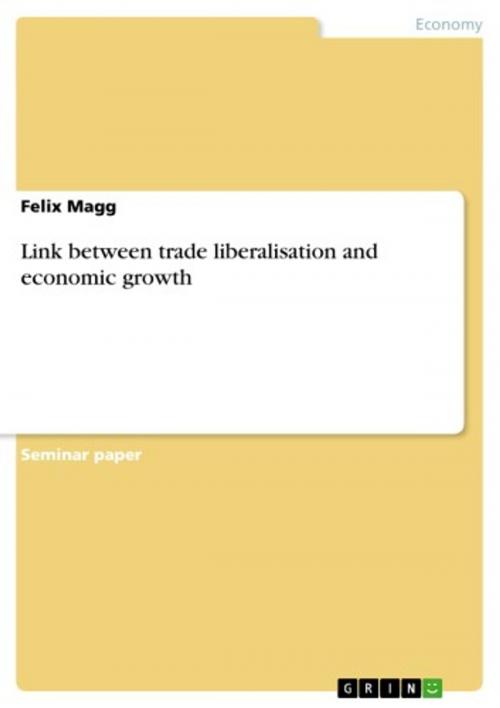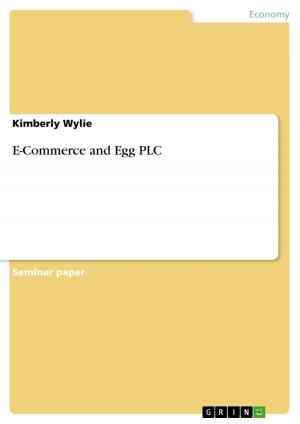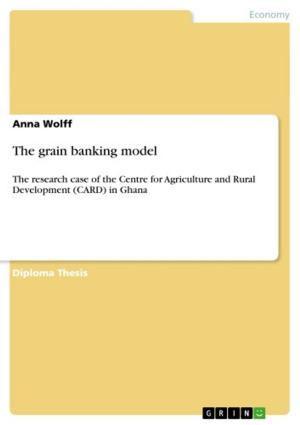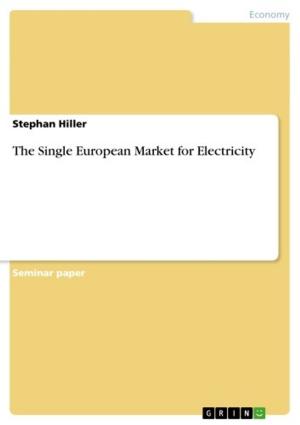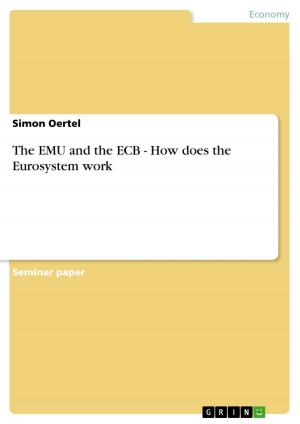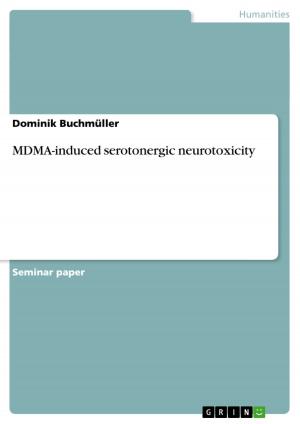Link between trade liberalisation and economic growth
Business & Finance, Economics, Urban & Regional| Author: | Felix Magg | ISBN: | 9783640966608 |
| Publisher: | GRIN Publishing | Publication: | July 25, 2011 |
| Imprint: | GRIN Publishing | Language: | English |
| Author: | Felix Magg |
| ISBN: | 9783640966608 |
| Publisher: | GRIN Publishing |
| Publication: | July 25, 2011 |
| Imprint: | GRIN Publishing |
| Language: | English |
Seminar paper from the year 2011 in the subject Economics - Case Scenarios, grade: 88 %, Edinburgh Napier University, language: English, abstract: One of the great economic debates of all times is whether trade liberalisation or rather protectionism promotes economic growth (Case, Fair and Oster, 2009, p. 710). Ricardo (1955) claims with his theory of comparative advantage that specialisation and free trade benefits all participants. The producers and consumers ostensibly gain access to a wider range of products at lower prices and higher quality, the resources are used more efficiently, and the manufacturers may expand their products and facilities in foreign markets. However, in all times some politicians and market participants have been arguing against free trade and in favour of protection. Trade liberalisation would destroy jobs in non-competitve sectors, infant industries may have no chance to develop and the domestic economy depends to strong on foreign markets. The aim of this report is to discuss the link beween trade liberalisation and economic growth based on data and statistical outcomes.
Seminar paper from the year 2011 in the subject Economics - Case Scenarios, grade: 88 %, Edinburgh Napier University, language: English, abstract: One of the great economic debates of all times is whether trade liberalisation or rather protectionism promotes economic growth (Case, Fair and Oster, 2009, p. 710). Ricardo (1955) claims with his theory of comparative advantage that specialisation and free trade benefits all participants. The producers and consumers ostensibly gain access to a wider range of products at lower prices and higher quality, the resources are used more efficiently, and the manufacturers may expand their products and facilities in foreign markets. However, in all times some politicians and market participants have been arguing against free trade and in favour of protection. Trade liberalisation would destroy jobs in non-competitve sectors, infant industries may have no chance to develop and the domestic economy depends to strong on foreign markets. The aim of this report is to discuss the link beween trade liberalisation and economic growth based on data and statistical outcomes.
